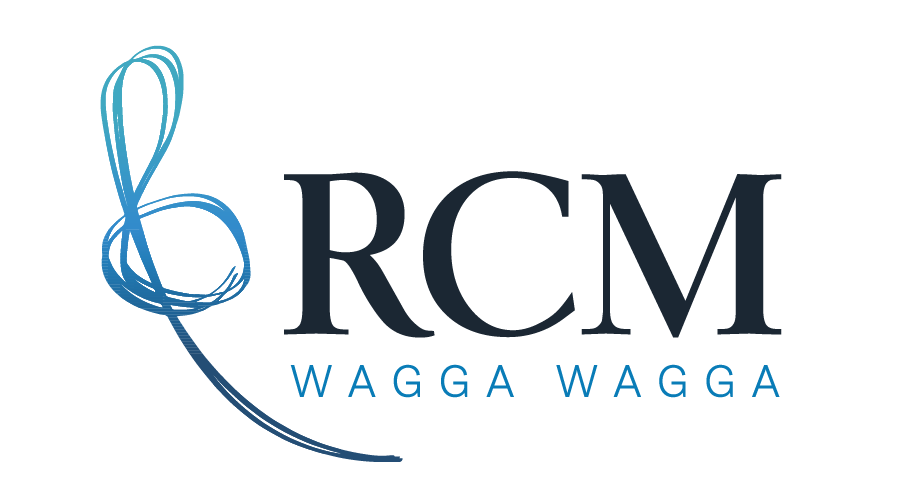Thank you to the piano teachers who completed the survey on teaching older beginning piano students. Please watch this space for a summary of what is happening in the world of piano Australian teaching.
Viewing entries by
Guest User
Curriculum Facilitates Excellent Teaching Practice.
Mr. Philip STABBACK, Dr. Brian MALE, Ms. Dakmara GEORGESCU
In the simplest terms, curriculum is a description of what, why and how students
should learn. The curriculum is therefore not an end in itself. The objective of
curriculum is to provide students with the knowledge, skills, values and attitudes
to be successful in their lives. The ultimate indicators of curriculum success are the
quality of the learning achieved by students and whether and how students use
that learning for their personal development.
A good quality curriculum
· Values all children as individuals
· Is based on a clear understanding of modern, broadly accepted concepts /
understandings about how children learn
· Promotes teaching practices that reflect these concepts of learning
· Reflects that decisions and choices made during the curriculum development
process are made in the interests of learners.
For full article refer to ww.academia.edu/3008064/What_makes_a_good_quality_school_curriculum
Curriculum is often invisible and students maybe unaware that the teacher has a curriculum to follow from which the teaching program or plan is developed. Even those students learning “just for fun” will only have fun if they can play and improve their playing and reading, or composing and improvising. To be learn to play requires a teaching plan or program and this comes from the curriculum. Check out the website for interesting information about curriculum.
http://www.childrensmusicworkshop.com/twelve-benefits-of-music-education/
FROM Benefits of Good Curriculum : Glenwoods Sept 9 2006
Good curriculum provides:
· Consistentcy and accountability
· Continuity
· Stresses personal application, participation
· Scope and sequence of learning through different levels
· Allows for a broad range of learning styles and personality types
· Offers teacher guidance, study materials, resources and strategies that are clear relevant and engaging
· Steers students toward attainment and completion of goals- with realistic benchmarks
Curriculum is often invisible and students maybe unaware that the teacher has a curriculum to follow from which the teaching program or plan is developed. Even those students learning “just for fun” will only have fun if they can play and improve their playing and reading, or composing and improvising. To be learn to play requires a teaching plan or program and this comes from the curriculum. Check out the website for interesting information about curriculum.
http://www.childrensmusicworkshop.com/twelve-benefits-of-music-education/
FROM Benefits of Good Curriculum : Glenwoods Sept 9 2006
Good curriculum provides:
· Consistentcy and accountability
· Continuity
· Stresses personal application, participation
· Scope and sequence of learning through different levels
· Allows for a broad range of learning styles and personality types
· Offers teacher guidance, study materials, resources and strategies that are clear relevant and engaging
· Steers students toward attainment and completion of goals- with realistic benchmarks
Curriculum Corner 18-5-15
Process of curriculum development is essential for successful achievement of educational goals. A curriculum ensures a systematic and wholistic approach to teaching which includes the specific needs of the student in relation to age, stage of development and ability.
Curriculum ensures that students and teachers set goals, and that a variety of courses, learning experiences and strategies are experienced to achieve these goals.
One basic of curriculum development is the continual improvement of the outcomes and the analysis of the processes used. Curriculum is not static or permanent; change is a key feature as courses are modified to suit changing needs of students.
Location:
· Make sure your instrument and practice can be done away from the TV and computer and other household distractions.
· Make sure the room is warm in winter and cool in summer
Plan to Practice: Practice will not happen if you do not set aside time each day. Try to choose a time each day that will note be interrupted for example
· After breakfast, before school
· After school
· As part of your home work time
· After dinner
Some days you may not have a block of time in which to practice so try doing micro-practice for example, 3 lots of 10 minutes practice = 30 minutes
Come and join us Tuesday February 10th 7pm, for the RCM Parent Information Night, where you can find out more about RCM Curriculum. For more information contact Joanne Burrows at jburrows@rivconmusic.org.au
Curriculum ensures teachers plan the whole term or unit of lessons and are proactive not reactive in their teaching.
Proactive teaching happens when the teacher directs and or guides the student to enable the student to achieve their personal goals. Proactive teaching means the teacher has a planned program to suit the students needs and is constantly checking and evaluating that all aspects the “curriculum” are being covered.
Reactive teaching happens when teaching is always in response to what the student does in the lesson. Let me clarify, all teachers need to respond and adapt to what the student brings to and does in the lesson, but if this is the only kind of teaching going on and there is no longer term plan, no list of technical skills, no planned repertoire, no development of performance skills then the student may not achieve their goals and may wander aimlessly in their learning.
Curriculum ensures that we teachers plan what we teach and check that we are teaching all the aspects of music learning suited to the level of study.

